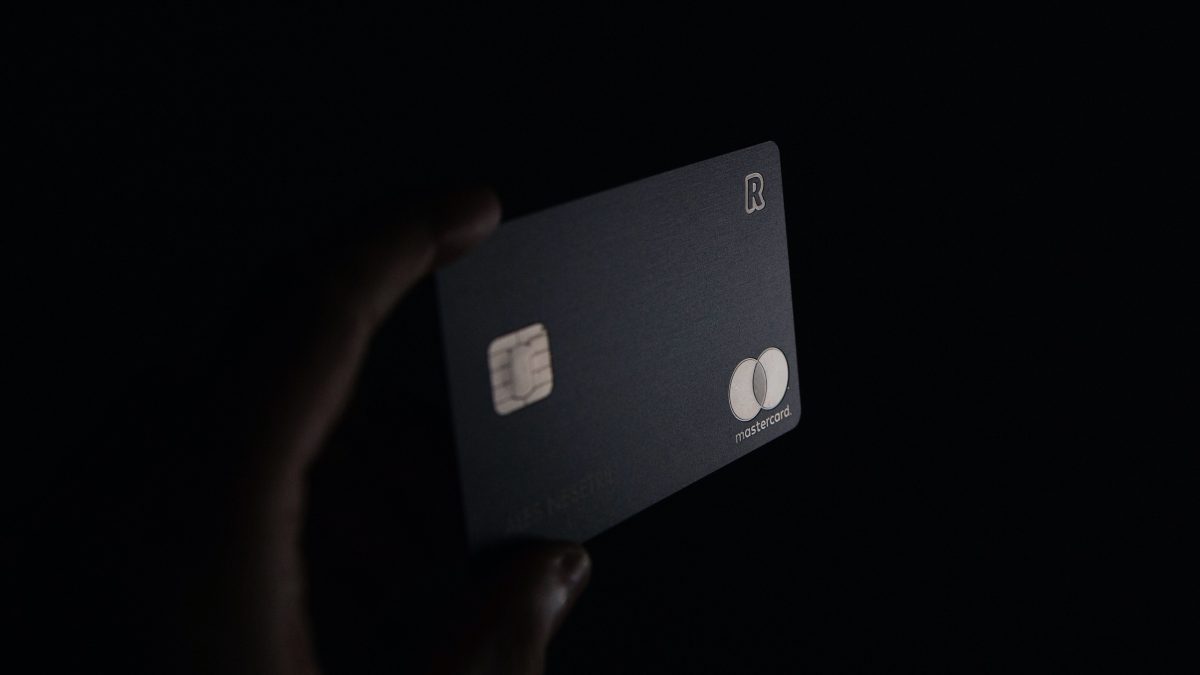- Have any questions?
- (850) 713-4866
- info@shorefront-investments.com
Will Selling Your House Improve Your Credit Score?

Virtual Home Tours: Effective or Ineffective?
May 20, 2022
What Taxes Are Involved When Selling Your House?
June 3, 2022It’s a little weird that in this country, there’s a number that’s attached to your spending ability – your credit score. Not only does magic number affect spending ability, but a lot more, including finding shelter and jobs! Because of this, it’s only normal for us to be careful about our every step. One day it’s your friend, but on another, after life hits you hard (hopefully not THAT hard), your credit score could be a pain in the neck.
Take a look at these questions below:
“Will my credit score change?”
“Will this affect my credit score?”
“Won’t that mess my credit score up?”
These questions come up when trying to do something with your money. (If you’re not asking them, then you better start!) In terms of selling your house, it’s only natural to be concerned about your credit score. If it goes down, how sure are you that you can get a mortgage for your new home? For example, if you’re moving to another state, it’ll be very terrible if you can’t get a house in your new area just because selling the old home brought your credit down!
On the other hand, if you’re also moving but your credit score isn’t the best, it’ll be really beneficial for you to sell the home since it’ll make financing a lot easier. With all these in mind, let’s see how selling a house affects your credit.
(Disclaimer: We’re not financial advisers. Before making any move, make sure to do your own research (across different sources) or find professionals that are experts in the field. Please do not base your decisions solely because of this article. Each person has a unique set of circumstances, and a piece of “good” advice may actually turn out to be harmful to another.)
The Simple Answer
We’ll let you breathe easy by telling you that selling your home has a minimal direct impact on your credit score. After selling your house, there aren’t any points that will be deducted or gained on your score. If you’re trying to get a better score by turning an old home into cash, you’re out of luck. However, there are INDIRECT effects that could impact it. What does that mean? Let’s start with your payment history.
Payment History and How Good of a Citizen You Are
When trying to get financing for anything, even with just getting an increase on your credit card limit, lenders are always going to check if you’re always able to pay off your monthly repayments. If you sell your home, you’ll lose out on the benefits of having a good payment history. The good news is, if you’ve paid the mortgage using the proceeds of the sale, your good payment history will remain on your report for 10 years from the paid date. And, if you’re going to get another mortgage anyways, then you’re good to go – as long as you make payments, of course.
But what if your payment history isn’t as clean as it’s supposed to be? That’ll be on your credit report for 7 years from the paid date, so do keep that in mind. If you’ve already paid the mortgage off, you won’t’ have a chance to “clarify” any recent defaults. But even if you didn’t pay off the entire mortgage, that might still come across as “not having enough to pay the entire mortgage off.”
Paying Off Debt
If selling your house doesn’t really impact your score, is there anything you can do to make it better? Well, you can pay off other debts using the proceeds of the sale. Tons of revolving debt (mostly credit card or other unsecured debt) is terrible for your credit score. Having these cleared off of your report by using the proceeds of the sale would help your magic number tremendously. And, imagine if you also manage to get a mortgage and manage your payments properly! That’s going to give you an incredible boost.
Wait, How are You Selling the House?
The way you sell your house may have an impact on your credit score. For example, avoiding a foreclosure (which is terrible for your credit) via a short sale still significantly cuts down on your points. Because you’re selling the home at a loss, this means that you still have a default on your debt – and you know what defaults mean for your credit, right? On rare occasions, the lender might even sue someone for any remaining balance they owe. Judgments on credit reports are also a red flag to those who’d see them.
Of course, there are also ways to avoid short sales, such as NOT selling the house at a loss (maybe renovate first, then sell it). Instead of selling the house, you can also find tenants who would pay rent much higher than the mortgage payments. You manage to keep making those monthly repayments on time, and you’d get extra income!
One other thing is to be able to sell the house before the bad times come around. Yes, it’s tough to predict, as life sometimes suddenly likes to jump on people. But, if you see the storm brewing up, isn’t it good to prepare? As mentioned, you can flip the house, but only if you have enough time. Traditional home selling (usually involving a real estate agent) could take months! But, you can also sell your property to real estate investors. Depending on your circumstances, this might be a good option for you.
Are you interested but don’t know where to start? If you’re in the Panama City area, you can try out Shorefront Investments! We’re Florida-based real estate investors looking to buy and sell properties fast. You can give us a call at (850) 713-4866, send us an email, or fill out a form on our front page! Want to buy more properties instead? You could be one of our buyers by joining our buyers’ list!




